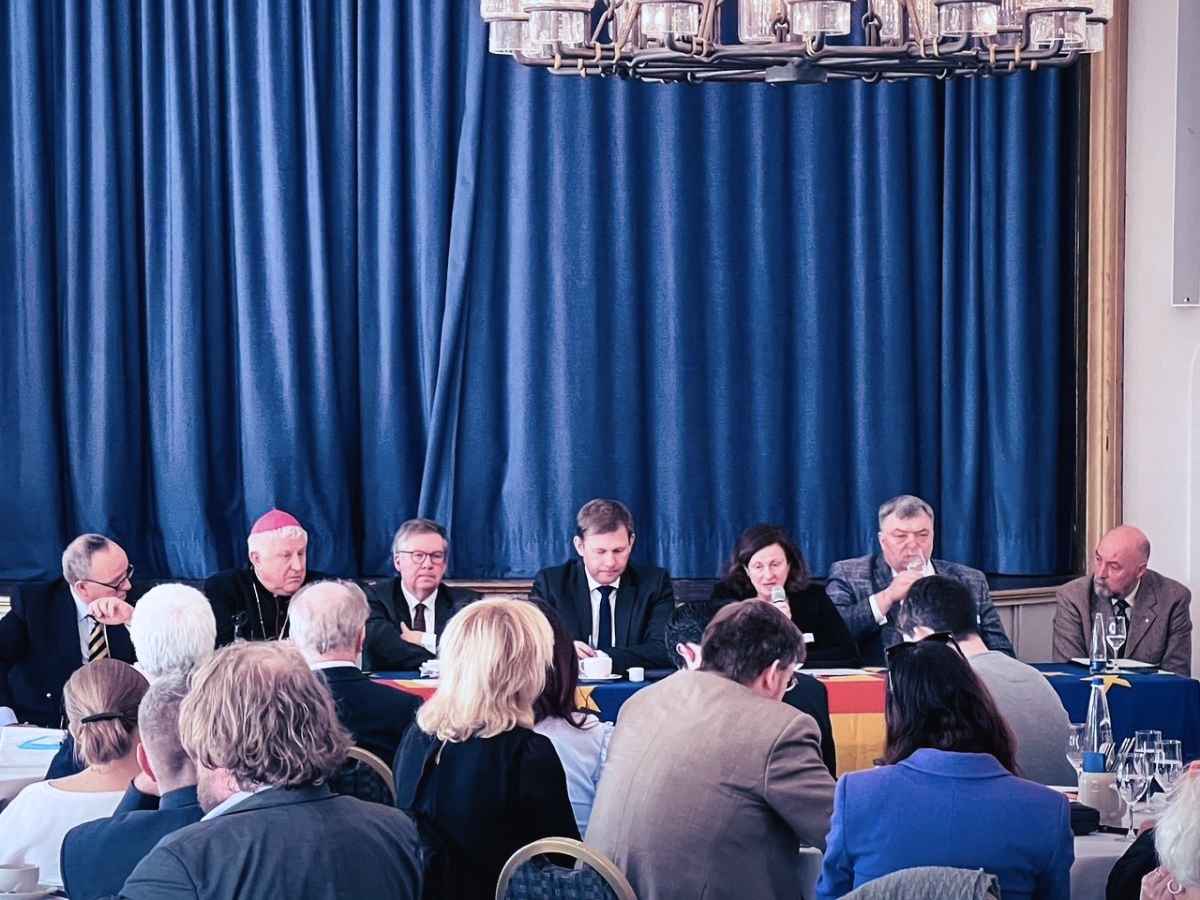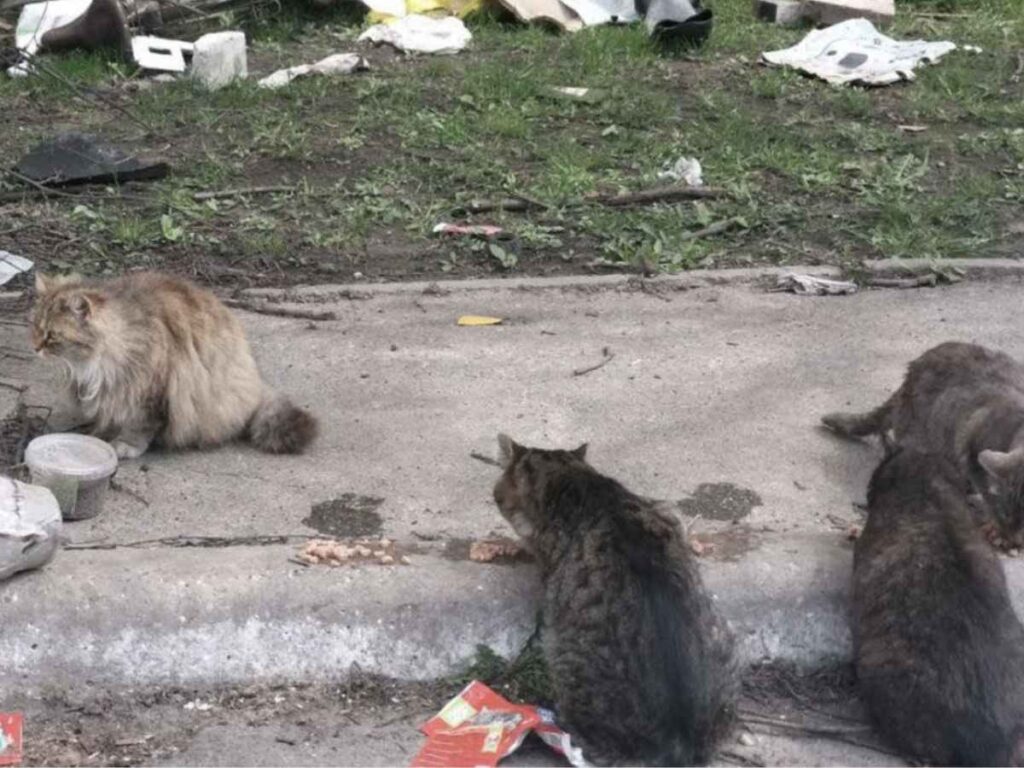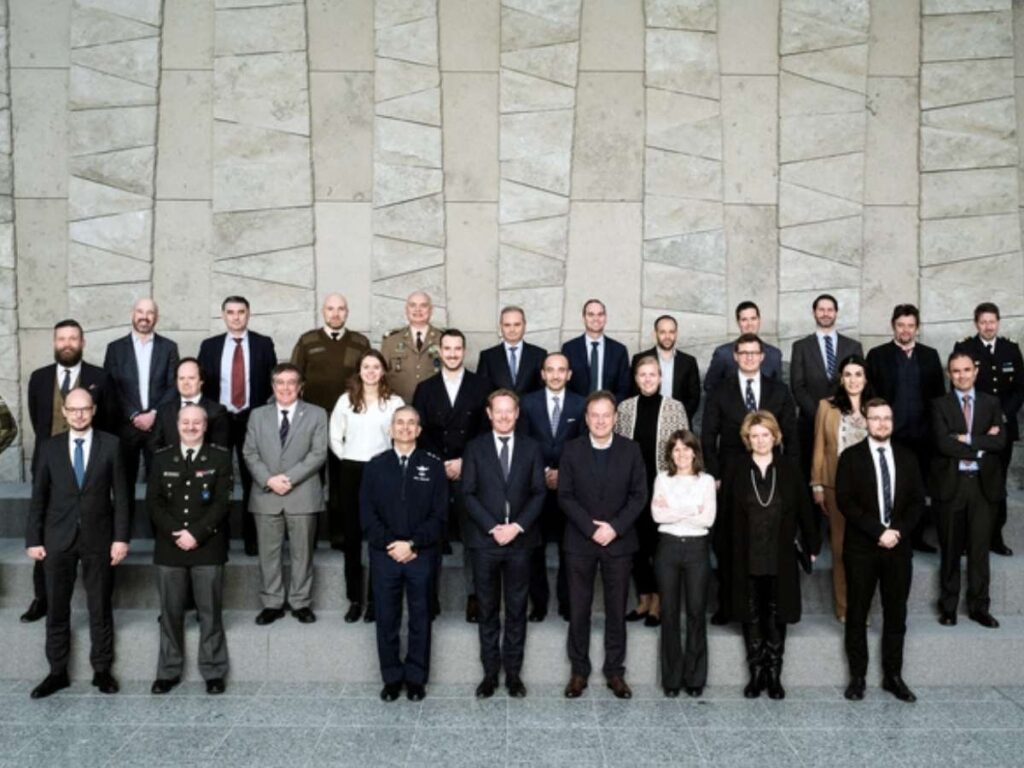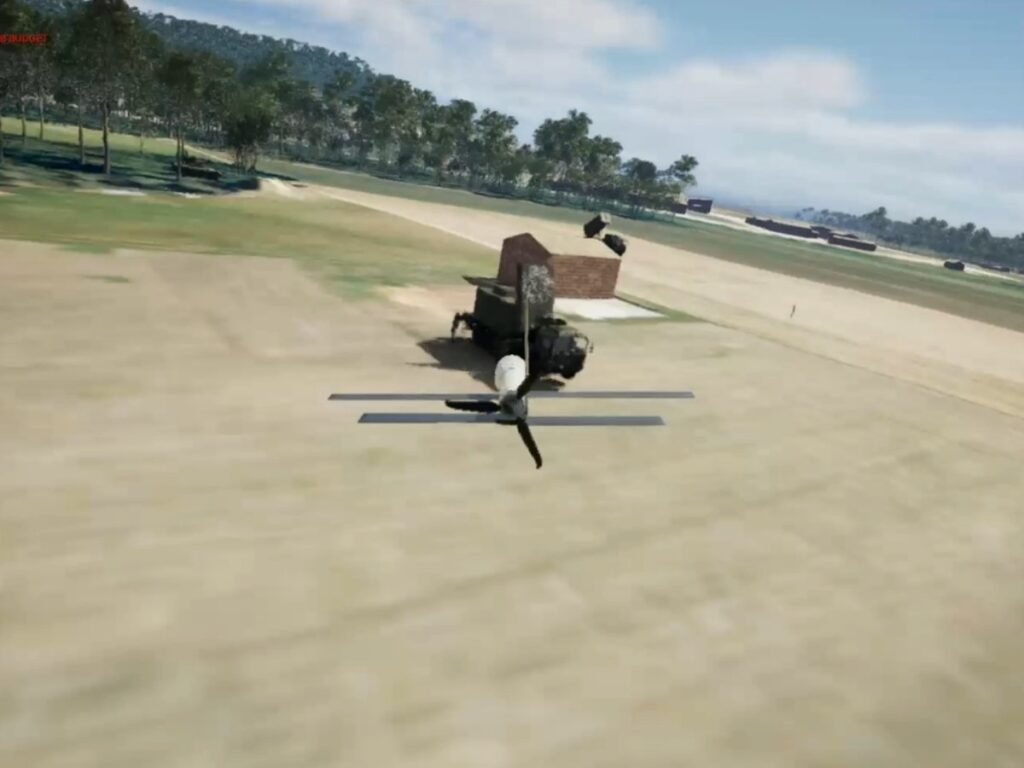In March 2024, Pater Valentin Ziegler welcomed guests at the “Holy Mountain of Andechs” to discuss Europe’s peace needs amid global challenges, invoking biblical lessons on peace and diversity.
The Paneuropean Union
Founded in 1922 by Richard Count Coudenhove-Kalergi, the Paneuropean Union stands as the earliest movement dedicated to European integration. In its nascent stages, the Union attracted an illustrious membership, including luminaries like Albert Einstein, French Foreign Minister Aristide Briand as an honorary president, and literary figures such as Stefan Zweig and Franz Werfel. Among its notable members were Konrad Adenauer, the future Mayor of Cologne, and Bruno Kreisky, a student who would later become the Chancellor of Austria.
The Union faced suppression during the Nazi regime, prompting Coudenhove-Kalergi and his successor, Otto von Habsburg, to seek refuge in the United States. Despite these challenges, the Paneuropean Union was revitalized in Western Europe following the Second World War, although it remained proscribed in Communist nations.
Throughout the interwar period and beyond, the leadership of the Paneuropean Union Germany included figures like Paul Löbe, a Social Democratic President of the Reichstag, followed by prominent political leaders such as Hans Joachim von Merkatz, Alfons Goppel, Siegbert Alber, and, most recently, Bernd Posselt, a long-serving Bavarian Member of the European Parliament.
Coudenhove-Kalergi’s tenure as international president from 1923 until his death in 1972 brought the movement global acclaim, earning him the inaugural Charlemagne Prize from the city of Aachen, a recognition later echoed by Winston Churchill in his Zurich speech. Otto von Habsburg succeeded him, upon the recommendation of French President Georges Pompidou, and served until he passed the baton to Alain Terrenoire in 2004.
The Union made significant contributions to European history, notably organizing the Paneuropean Picnic in 1989 at the Austrian-Hungarian border. This event facilitated the escape of 661 East Germans to the West, catalyzing subsequent mass escapes and protests that contributed to the fall of the East German regime.
Actual conflicts in the spotlight
At the 61st Andechser Europatag in ints opening remarks, Bernd Posselt, current leader of the Union and a longtime MEP, criticized Putin’s aim to erase Ukrainian identity and dominate Eurasia. Posselt emphasized missed opportunities to oppose Putin’s rise and highlighted the need for a European defense union, NATO expansion, and proactive diplomacy.
Thereafter, Prof. Michael Wolffsohn spoke about Iran’s regional dominance through alliances and proxy forces, influencing Lebanon, Syria, and beyond. He expressed skepticism towards a two-state solution for Israel and Palestine, suggesting federal models instead. Wolffsohn was followed by Prof. Martin Schulze Wessel who described Russia’s imperialist trajectory since Peter the Great, not just ideologically driven. He addressed historical tensions over Ukrainian and Polish identities and critiqued Putin’s contemporary use of historical narratives.
A global and a historic view
Monsignore Wolfgang Huber, president of Missio being active in Africa and Asia, stressed Christianity’s role in global peace and development, putting emphasis on dialogue and cultural sensitivity in mission work. He highlighted education, especially for women, and criticized neocolonial exploitation by Russia and China.
Prof. Mislav Ježić compared the peace efforts of Gandhi, Coudenhove-Kalergi, and Stjepan Radić, highlighting their realistic approaches to peacebuilding in a war-torn century.
The concluding forum addressed Russian elections’ impact on Europe, emphasizing the conflict’s roots in Crimea’s 2014 annexation and the propaganda that paved the way for war. Experts criticized the Russian election as a farce, with Putin’s militarized economy demanding public complicity. Calls were made for clear recognition of Russia’s political landscape to inform policy.
Europe needs to strengthen its defensability
The conference highlighted the urgent need for a collective European defense strategy, including nuclear deterrence, to counter threats and safeguard democratic values in the face of authoritarian aggression. Diplomats pointed to the need for unified European and NATO responses to Russia, emphasizing military support for Ukraine and the importance of not alienating Russian dissenters.
The two-day event was concluded by a service at Andechs in the honor of Benedikt XVI. Odessa’s Bishop Szyrokoradiuk commended his diocese’s perseverance and faith, thanking all for support and prayers. Prof. Ihor Zhaloba, President of the Paneuropean Union Ukraine and political scientist at the University of Kyiv, who until recently served as a front-line soldier, immediately returned to the Ukrainian Armed Forces after the event.
Photo credits: Daniel Becker




